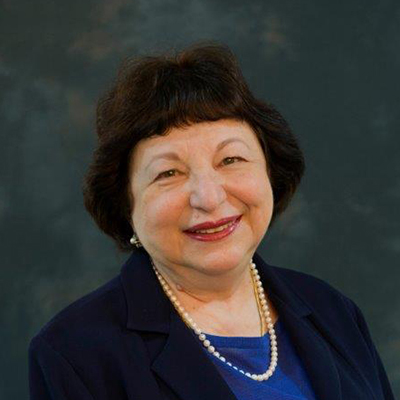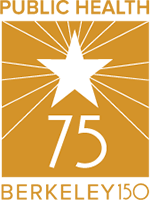
“We need to become truly global citizens, and in particular we need to let go of our exceptionalism and take advantage of what other nations, communities, and cultures have learned and tried to improve our health.”
Shoshanna Sofaer DrPH ’84, MPH ’77 is a senior scholar at the School of Public Health and Health Policy at the City University of New York. From 1998 to 2014, she was the Robert P. Luciano Chair of Health Care Policy at the Baruch College School of Public Affairs, CUNY. She is a nationally recognized authority on patient and family engagement, the use of community coalitions to achieve improve health and health care, as well as Medicare and long-term care. Sofaer has extensive expertise in using qualitative and quantitative research methods, and in translating and disseminating health services research findings. Her research interests include designing user-friendly public reports on comparative healthcare and health insurance quality, developing tools for patients and families to engage productively in their health and healthcare, and developing quality measures that resonate with consumers and patients.
Secrets for success
“I have a few: stay up to date, with new ideas and old friends; don’t give up on achieving better health for all of us; support the young; listen to the older; be critical but not mean-spirited; cultivate enjoyment.”
Berkeley moment
“I was a TA in Dr. Henrik’s Blum intro course and that meant moderating a small group of students. Luckily for me, there were several Native American students in our group. The course built on ‘the systems approach,’ which was a powerful way to think about problems and solutions. But the systems approach came most alive to me in the papers written by one Native American woman in particular; their worldview was based on that approach, brought to life in terms of earth, sky, rocks, plants, animals, people (alive and not alive any more). The power of this worldview is immense, even though so many people fail to recognize it and thus the inherent sanity and strength of our native peoples.”
Movie of my life at SPH
“The Akira Kurosawa movie Ikiru, or to live, which tells the story of a man, a government bureaucrat, who, told he has only a few months to live, tries unsuccessfully to become just a pleasure seeker, to reconnect with his alienated family, and finally chooses to stop using his government position to narrowly interpret rules that stymie people in the community and instead uses all his expertise on getting things done in his agency to build a playground for children so they won’t get hurt or killed playing on high traffic streets. For me, Ikiru epitomizes the notion that people in government can be quiet heroes and heroines and in the process experience genuine joy.”














